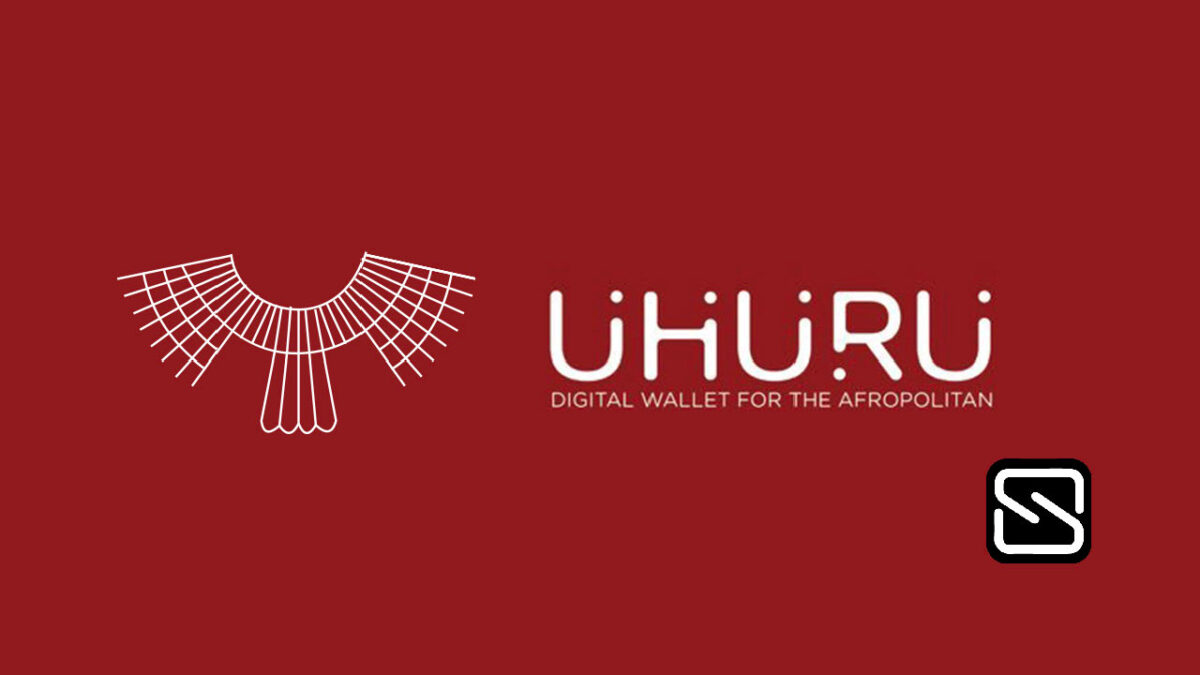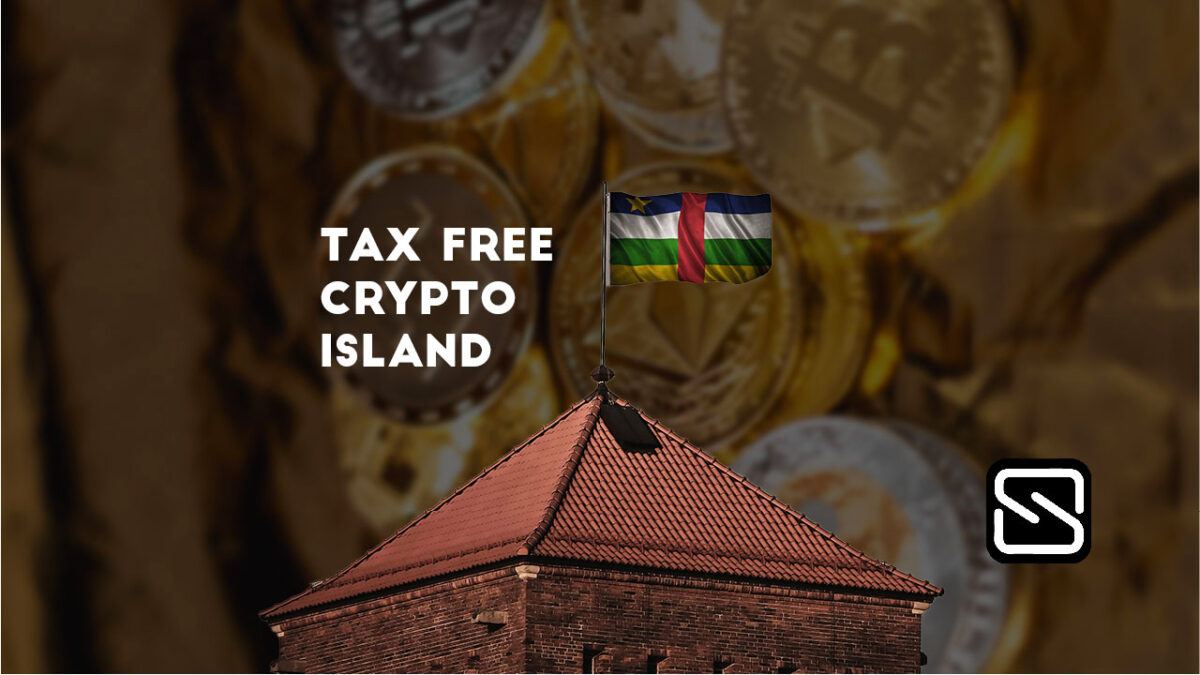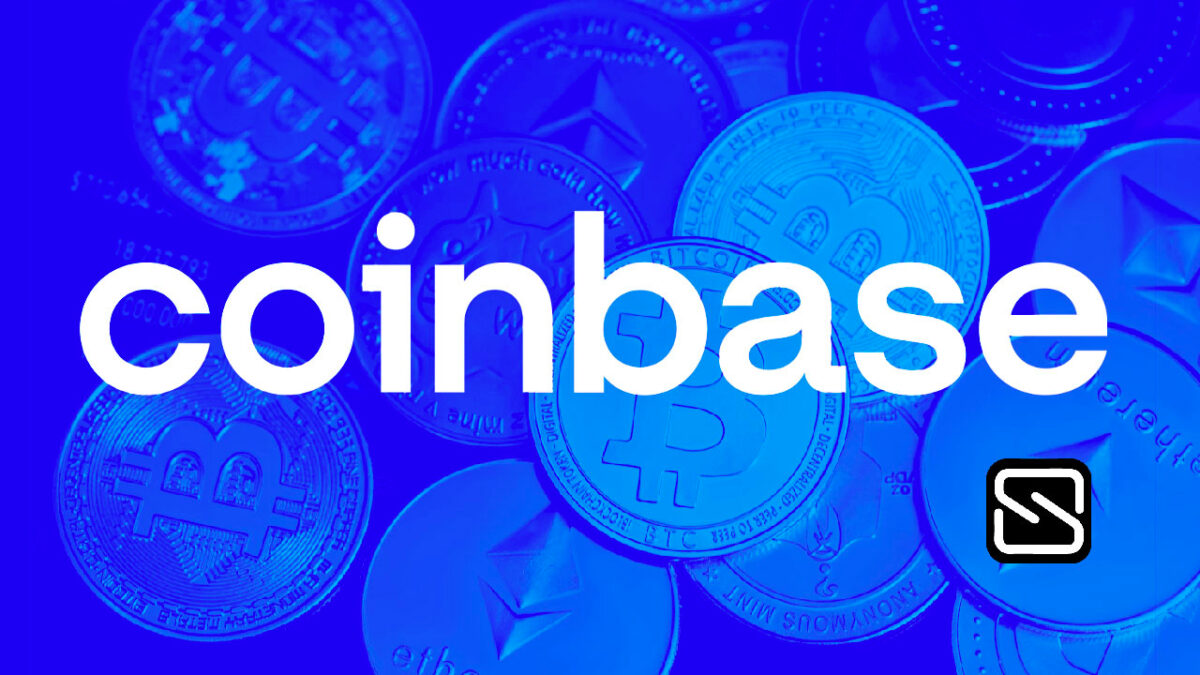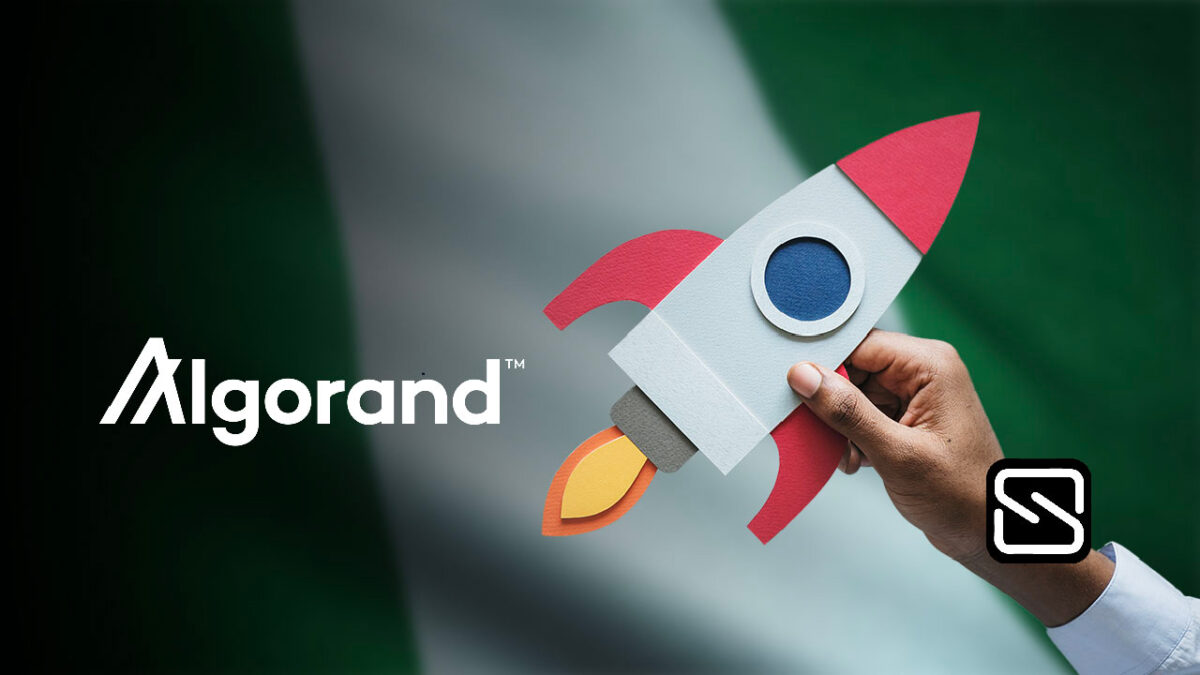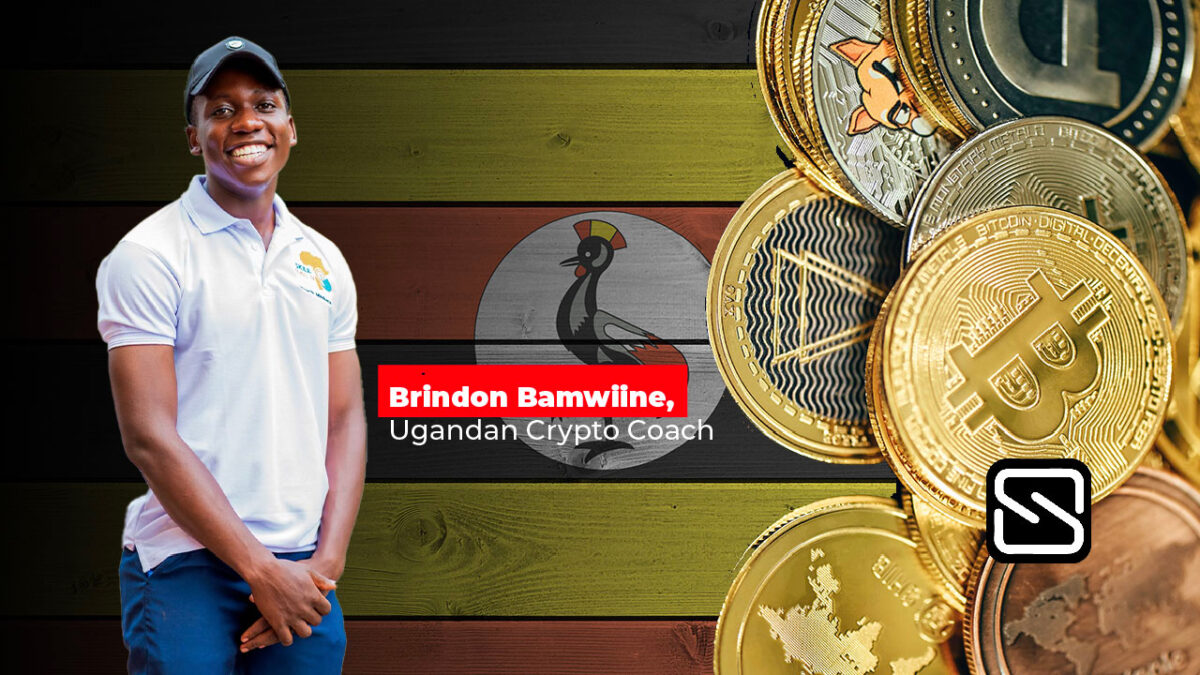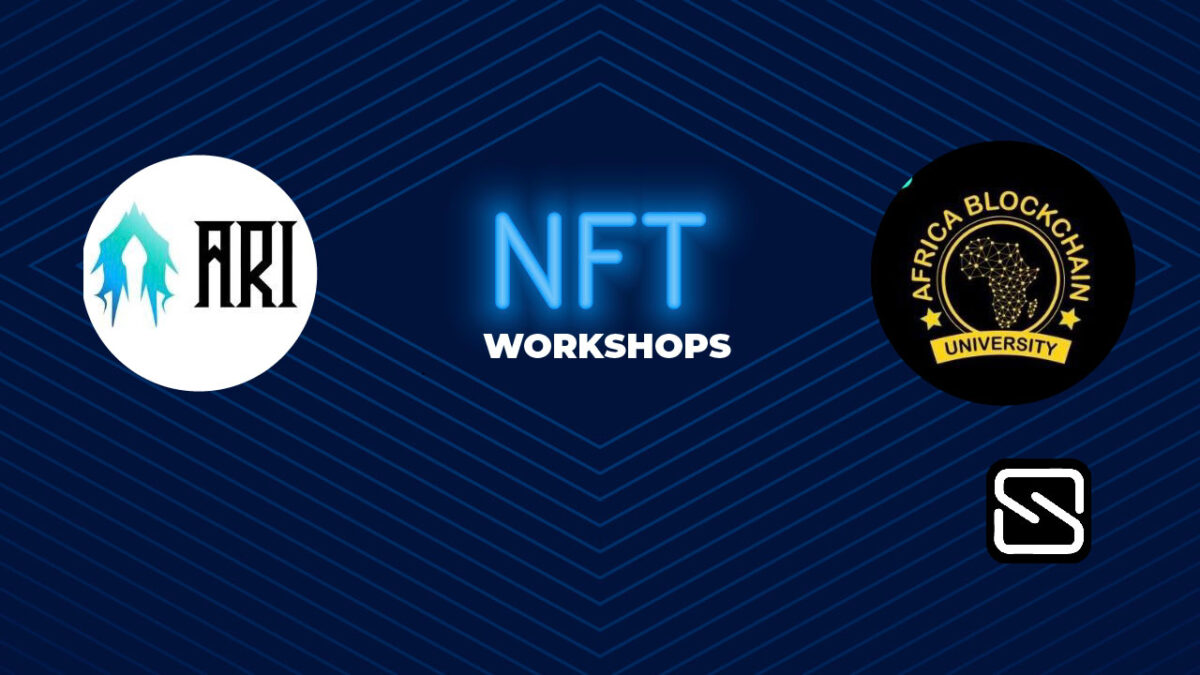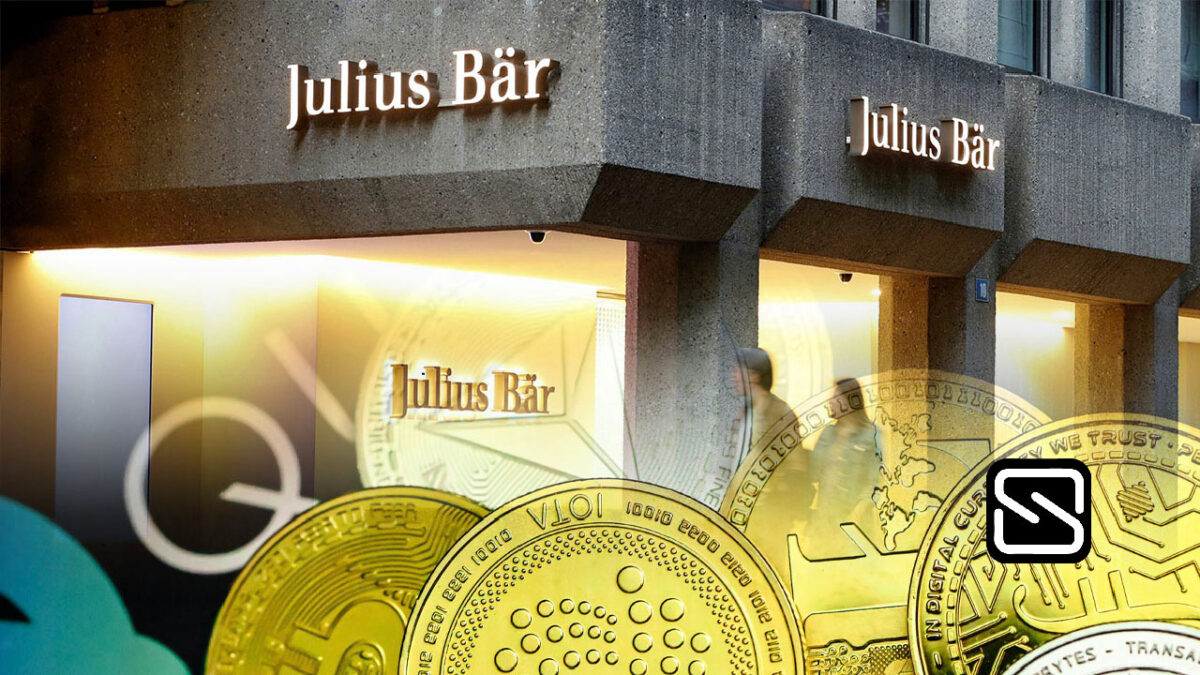Crypto adoption in Africa is picking up at a fast pace. According to the Global Crypto Adoption Index, Kenya, Nigeria, South Africa, and Tanzania are in the top 20 African countries that are catching up fast to the crypto trend.
In Uganda, in spite of the rampant scams which have seen several Ugandans lose money, cryptocurrency use and investment in Uganda had gained traction until the recent ban on the mobile money-cryptocurrency ban by the Government of Uganda.
However, even with such glorious remarks about the imminent opportunities from crypto, the Government of Uganda through The Ministry of Finance maintains its warning to the public against cryptocurrencies.
“The Government of Uganda does not recognize any cryptocurrency as legal tender in Uganda. The general public is further advised of the following risks associated with crypto-currencies.” the statement reads.
“Most cryptocurrencies such as Bitcoin and Ethereum are not backed by assets or government guarantees. Therefore holders of these cryptocurrencies are fully exposed to the risk of loss or diminishing value as the issuers are not obliged to exchange them for legal currency or other value.”
This has left several exchange platforms such as Yellow Card and Flutterwave exiting the Ugandan market.
We talk to Brindon Bamwiine, a crypto enthusiast and founder of Skill Haven, a crypto training institute, he shares his experience in the crypto world and the future of crypto in Uganda.
- Tell us about yourself
My name is Brindon Bamwiine, a finalist at Makerere University studying Chinese which is my second degree. I am into Finance and Economics. I have always been intrigued by economic aspects such as depression and inflation among others. I have been monitoring how the economy of China successfully grew to where it is now and I have always felt that learning Chinese would be an important added skill in the crypto world.
- Share your experience in crypto
My crypto journey started in 2016 when an acquaintance convinced me that I would gain from paid advert watching. I was quite ignorant then and it was a scam. The funds that I was supposed to get were irredeemable. I got back to the crypto trend in 2018 after educating myself and realizing that there was more to cryptocurrency that I was unaware of. This is when a few of my friends and I came up with Skill Haven, a training institute that mainly educates Ugandans about crypto and the opportunities therein.
- Is crypto a good investment for an average Ugandan?
Yes, it is. We just have a lot of educating to do. So many people are intrigued and get excited because of the increased hype for it, especially on social media, hence they just invest or trade without thinking about losses and a reasonable amount of money to invest. Good thing is that whenever you lose money in the crypto space, you gain some knowledge. I would recommend one to invest but it is important that people focus more on educating themselves about crypto.
- Would one rather invest, trade or stake?
Cryptocurrencies present us with several ways to generate income and profits, or even to become rich in the long run. These methods include mining crypto, staking, investing, and trading. However, many are more familiar with investing, staking, and trading.
Just like any other investment, investing in crypto entails buying cryptocurrency directly with hopes of long-term gains. The major difference with crypto investing is after one buys it, they can store it on their digital wallets as it appreciates or depreciates. Most people do this after carrying out intensive research because it is considered risky.
Crypto Trading involves speculating on price movements via a trading account or buying and selling the underlying coins via an exchange. For example, if I exchange Bitcoin for Ethereum (ETH) depending on what value it is expected to have in the future, or when I use fiat currency to buy Bitcoin, which is what most Ugandans are familiar with.
Crypto Staking is a popular way to earn passive income with your crypto investments. It offers crypto holders a way of putting their digital assets to work and earning passive income without needing to sell them. You can think of staking as the crypto equivalent of putting money in a high-yield savings account. When you deposit funds in a savings account, the bank takes that money and typically lends it out to others. In return for locking up that money with the bank, you receive a portion of the interest earned from lending albeit a very very low portion.
The most ideal thing to do is educate yourself then you can decide what to do, whether trade, invest, or stake.
- Tell us more about your collaboration with The Patio
The Patio has been a hotspot for young people recently and this is one of the reasons why we approached them about accepting crypto payments. The whole idea came from a crypto blogger that is interested in writing about crypto payments and adoption all over the world. He reached out to us as the Skill Haven team to understand and analyze crypto adoption in Uganda and to assess if there were any crypto payments accepted in Uganda. At that time, there wasn’t any business that we knew that accepted crypto payments so we approached The Patio. It was the third business we had approached and fortunately, the idea was quickly embraced. The team was very open-minded and their Bitcoin campaign ran for two months though few people were able to participate. If businesses start accepting crypto payments, it will be easier to adopt crypto.
- How have African Regulatory bodies affected crypto adoption in Africa?
Most of the regulations have discouraged so many crypto enthusiasts, however, we shouldn’t be worried. Technology is being made for the young people who are going to be of the future and most of these regulations are being imposed by outgoing politicians. When outgoing politicians leave, the regulations will align with all these new tech inventions such as crypto. Just like we were able to move from majorly using emails for communication to adopting social media, from hardcopy newspapers to digital papers among others.
I think there is a lot of panic regulation because of the fear of losing control. For example, besides crypto adoption being on the rise in Uganda, another thing that triggered the Bank of Uganda (BOU) ban was the Tooro region hinting at adopting blockchain. I think we can find better ways of regulating.
- Most Ugandans are afraid of investing or trading crypto because of rising scams. How can we change their minds? Also, how can they protect themselves against scams?
As I mentioned before, education is very important. People are not aware of the technological shift and its effects. Additionally, crypto main players also have a lot of work to do. As we educate more Ugandans, we also need support from them because they have the resources that could help increase awareness.
There are people that only believe what the government says, therefore the government needs to take part in this as the opinion leaders so that no one is harmed by all these technology scams and more so left behind.
- Exchange platforms such as Yellow Card, Flutterwave, and Binance among others, have had to suspend operations in Uganda because of Bank of Uganda’s circular on payment licensees for crypto transactions, how has this affected customers, and how do we move on?
For most of these exchanges, this was a business shock as well as a wake-up call. While the Ugandan market had gotten comfortable with mobile money withdrawal which was the right move given the rise in fintech options, it was high time exchange platforms explored other options for people to access their crypto funds. Some customers had to lose their investments because the circular was unexpected but now we are more aware and should discover other options to prepare for such uncertainties.
- Other African countries such as Nigeria, Kenya, and South Africa are quickly adopting Non-Fungible Tokens (NFTs). Why is Uganda still lagging behind?
In most cases, the driver of adoption is demand. Uganda’s population is not knowledgeable enough to have a high demand for NFTs. Some of our local artists such as Daddy Andre and Kohen Jaycee have NFTs but so many people are not interested or curious enough to find out more information on this because they do not know about them. There are significant benefits but only to those that understand them. However, I would recommend everyone to read more about them, additionally, creative artists need to explore more about digital art because of the rate at which technology is changing our lives.
- Any advice for those aspiring to join the crypto trend and the crypto enthusiasts out there?
Education is very important. We all need to invest in educating ourselves about crypto. Crypto has become so trendy. In five years to come, crypto will be one of the tech revenue sources. As much as there is a lot to earn from cryptocurrencies, there are a lot of scams too, therefore, one has to have enough knowledge about it before they engage in it.
Fortunately, those that are interested in crypto, can join our classes at Skill Haven to help enhance their knowledge. The classes will also help them understand how to overcome misleading crypto scams.
